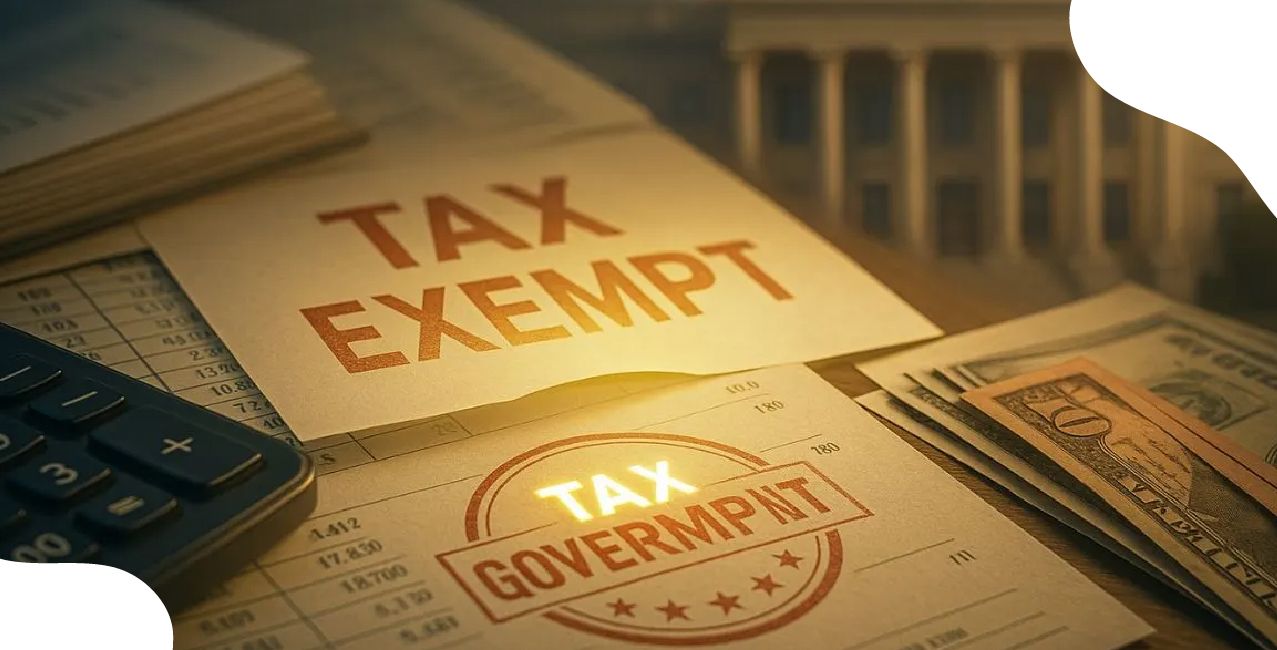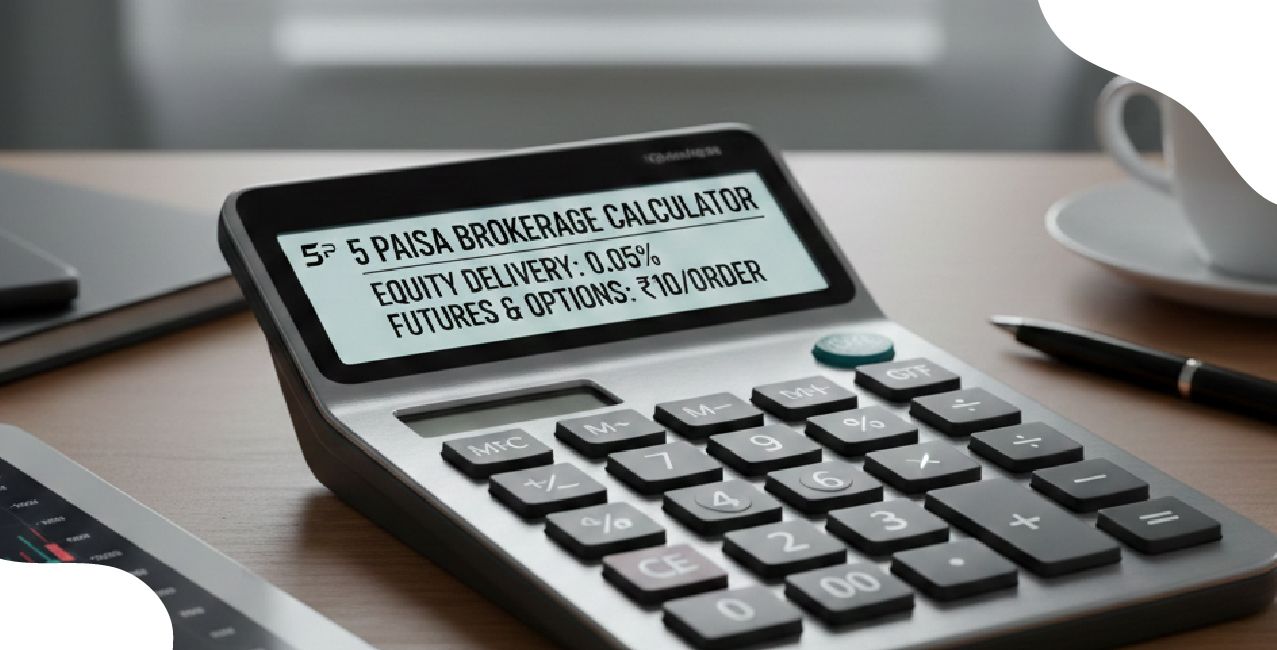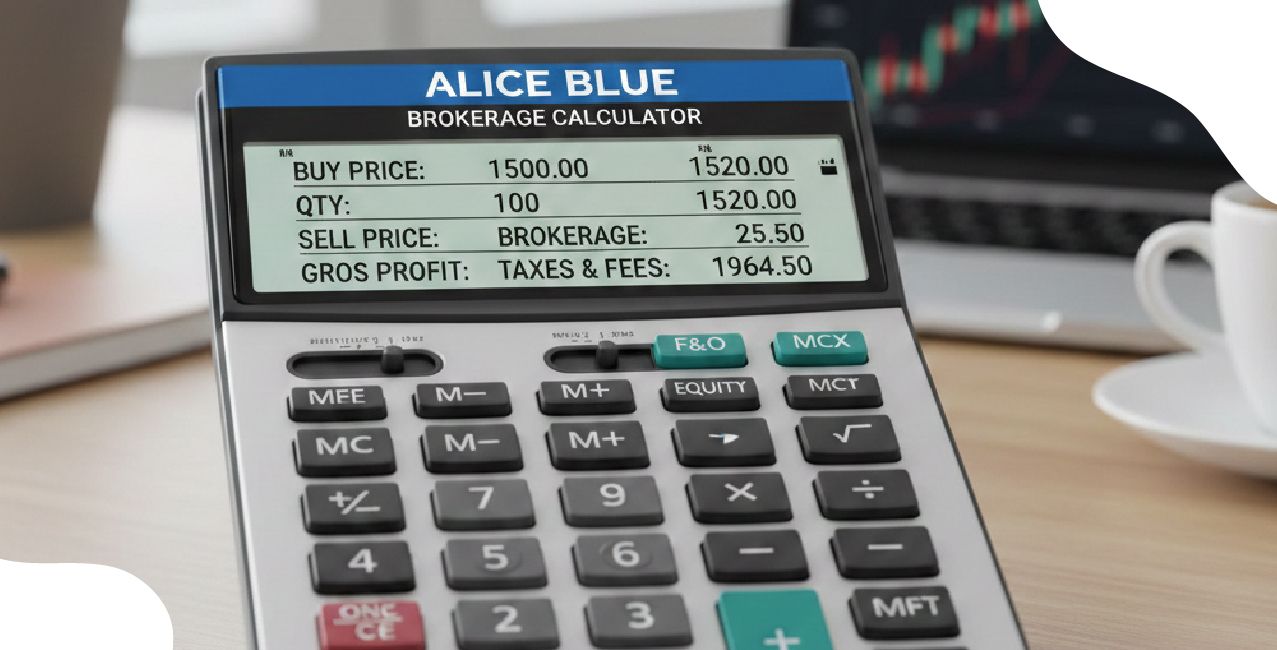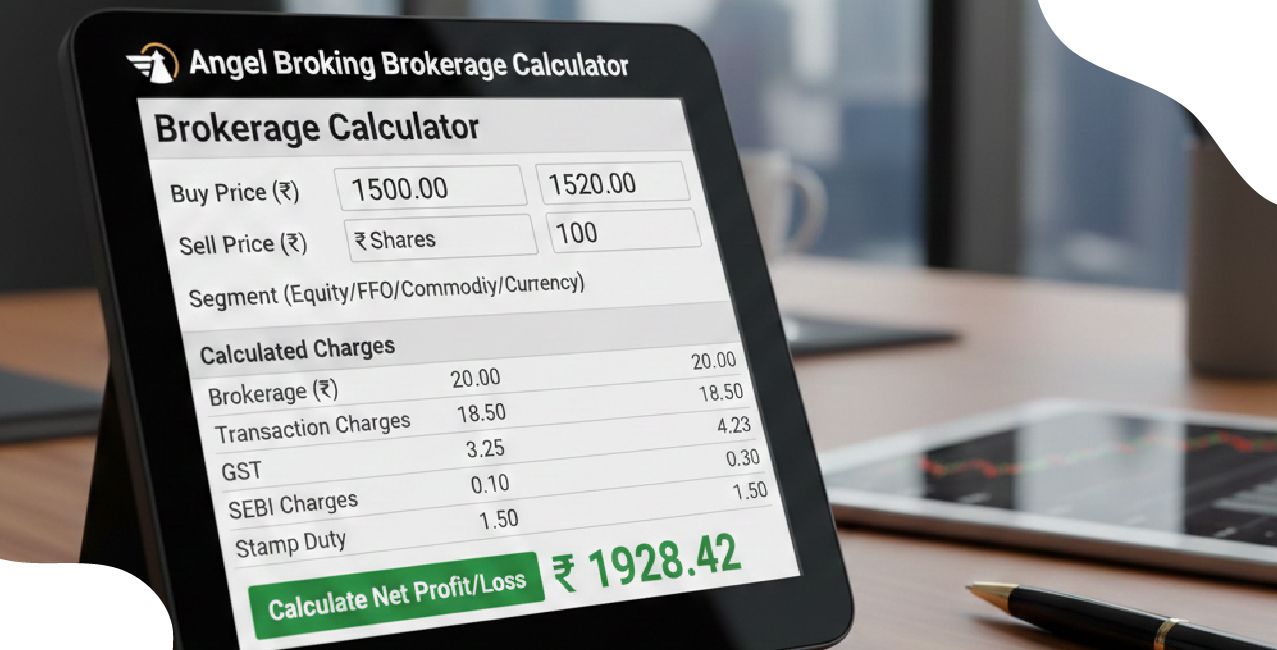Section 28 of the Income Tax Act – Profits and Gains of Business or Profession
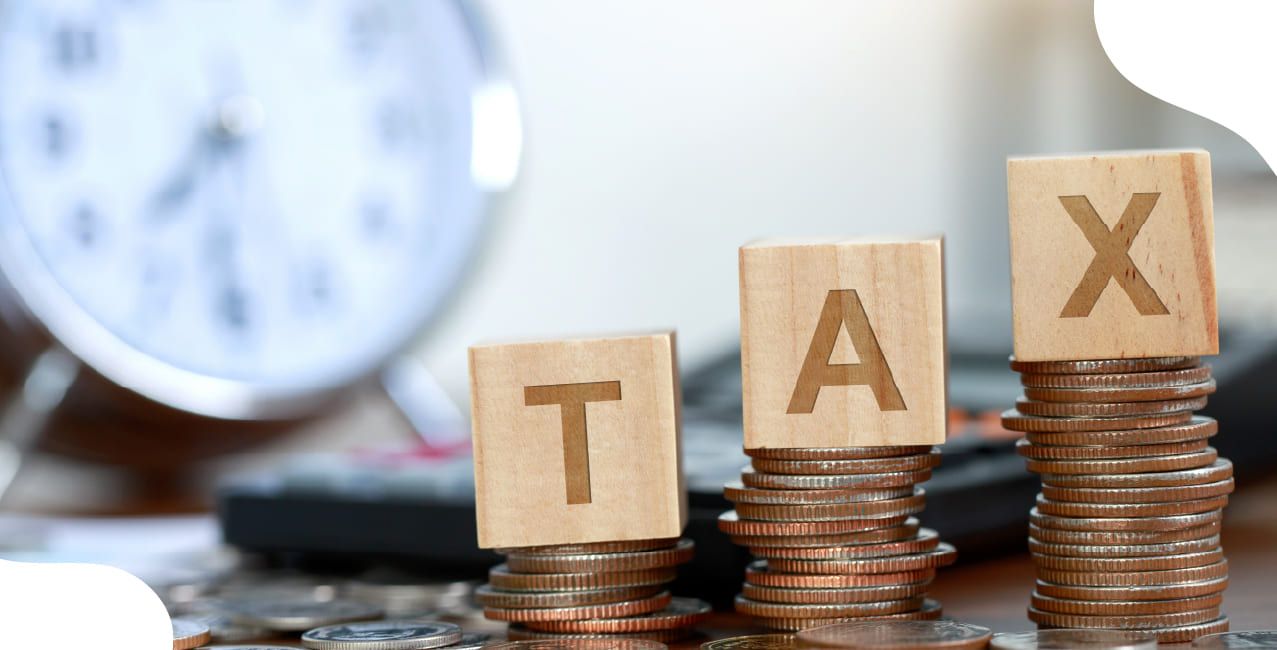
Check Your Loan Eligibility Now
By continuing, you agree to LoansJagat's Credit Report Terms of Use, Terms and Conditions, Privacy Policy, and authorize contact via Call, SMS, Email, or WhatsApp
- The definition of comprehensive income clarifies for taxpayers like Devam and Dev that all profits from business or professional endeavors are subject to taxes.
- Maintaining invoices, receipts, contracts, and bank statements helps professionals like Akash comply and avoid penalties.
- Section 28 reduces disagreements with tax authorities by offering a precise framework for calculating taxable business income.
The taxation rules for income from business or professional work are explained in Section 28 of the Income Tax Act, 1961, covering earnings classified as 'Profits and Gains of Business & Profession'.
Example:
Under this Section, Devam, a 30-year-old entrepreneur, is required to disclose all of his business income.
Table:
The following table provides a clear breakdown of the key components of income taxable under Section 28.
This table summarises the various incomes taxable as business profits.
This blog helps you understand Section 28, and the next topic is the purpose of Section 28.
Importance of Section 28
Section 28's primary goal is to define and classify all sources of income that are considered business income for tax purposes. It guarantees that all earnings from business, trade, or employment are taxable.
Example:
Dev, as a businessman, should share his sales revenue, any interest he earns on his business investments, and any export incentives he receives under this section.
This section of the Income Tax Act covers income from business and professional work, ensuring all earnings are taxed. Section 28 outlines the method for calculating taxable income, which helps determine the tax owed.
This system helps prevent confusion by clearly showing earnings, making it fair to collect taxes on business profits. For Dev, this means his taxable income is his total business earnings minus deductible expenses, which shows what he actually owes in taxes.
Read More - Section 28 of Income Tax Act – Income Included & Tax Implications
Table:
The table below shows the core purpose of Section 28 by listing its inclusions.
Let’s break down the main goals of Section 28 in this table. After that, we’ll talk about Compliance with Section 28 and Record-Keeping with the example of Akash.
Compliance with Section 28 and Record-Keeping
Accurately reporting all business income as defined by the law is necessary to comply with Section 28, which essentially depends on careful record-keeping.
Example:
For a professional like Akash, this means keeping good financial records to show every rupee earned and spent to the tax authorities.
When handling money for businesses and individuals, it's essential to follow Section 28 of the Income Tax Act. Keeping good records makes filing taxes easier and helps ensure compliance. Tracking expenses, income, and deductions helps businesses better understand their taxes and finances.
Tax authorities need to ask individuals and businesses for their records. If you don't provide accurate information, you might face audits or penalties.
That's why Akash keeps these essential documents:
- Sales Invoices: These show all the money we make from services or products we sell.
- Purchase Receipts: These help us keep track of our business expenses.
- Bank Statements: These let us check our cash flow and any interest we earn on our money.
- Contract Agreements: These are important for explaining the significant upfront payments we receive from clients.
- Vouchers for Deductions: We use these to claim back costs for expenses such as travel, meals, and professional services.
Keeping track of these records is essential for proving your income and the deductions you claim. Let's finish up with some final thoughts on the blog topic about Section 28.
(Bonus Points: A new section is being suggested to help non-residents who offer services or technology to local businesses in electronics manufacturing. These non-residents can now figure their profits as just 25% of what they earn from these services ( section 44BBD).
TDS Rates Under Section 28
Section 28 of the Income Tax Act defines business profits but not TDS rates. TDS is governed by other sections, like 194C and 194J. Not deducting TDS can lead to a notice under Section 156 for recovery of dues with penalties.
Example:
Monu, a freelancer, received a payment of ₹50,000 for professional services. The client deducted TDS under Section 194J at 10%, resulting in ₹5,000 TDS and a net payment of ₹45,000 to Monu.
Also Read - Section 281 of the Income Tax Act – Asset Transfer Rules Explained
Table:
The table illustrates how TDS applies to Monu’s freelance income:
TDS ensures advance tax collection on business income, reducing Monu’s final tax liability while ensuring compliance.
Now that we understand how TDS applies to business transactions, let’s examine the exemptions outlined in Section 28.
Exemptions under Section 28 of the Income Tax Act
Although income from a business or profession is generally covered by Section 28, some incomes or taxpayers are exempt from this section's taxation. These exemptions lessen the burden of compliance or prevent double taxation.
Table with an example:
The table helps taxpayers like Devam and Akash comply with tax regulations while avoiding double taxation by highlighting incomes exempt under Section 28, such as agricultural income, non-resident presumptive income, previously taxed earnings, and presumptive taxation cases.
Certain incomes are exempt from Section 28's definition to prevent double taxation or ease compliance. Key exemptions include agricultural income, already taxed income, non-resident presumptive income, and presumptive taxation schemes.
These exemptions help ensure fair, manageable compliance while allowing taxpayers like Devam or Akash to focus on their main revenues. The following section is the conclusion of the blog:
Conclusion
Section 28 provides straightforward guidance on reporting your business income. It covers sales, bonuses, and what the tax authorities expect you to report.
Understanding this makes declaring your earnings easier, helping you avoid issues and sleep peacefully, whether you're like Devam, Dev, or Akash.
Accurate record-keeping and understanding what constitutes profit are more important than complicated legal rules. Getting this right from the start is crucial to a smooth tax filing process.
FAQs
What happens if I don't report income under Section 28?
Failing to report any income taxable under Section 28 can lead to penalties, interest on unpaid taxes, and even a thorough tax audit. It's crucial to declare all applicable income.
Where do I report this income on my tax return?
Report all this income as 'Profits and Gains from Business or Profession' (PGBP) in your ITR form. First, find your total revenue under Section 28, then subtract your allowable business expenses to get your taxable profit.
Is export incentive income considered business income?
Yes. As per Section 28(iiic), any profit on the transfer of an Export Incentive Certificate (like MEIS or SEIS) is specifically deemed to be business income and is taxable under this section.
If I receive a keyman insurance policy payout, is it taxable?
Yes. Under Section 28(vi), any sum received under a Keyman Insurance Policy is considered business income and is fully taxable in the hands of the business or firm.
Other News Pages | |||
About the author

LoansJagat Team
Contributor‘Simplify Finance for Everyone.’ This is the common goal of our team, as we try to explain any topic with relatable examples. From personal to business finance, managing EMIs to becoming debt-free, we do extensive research on each and every parameter, so you don’t have to. Scroll up and have a look at what 15+ years of experience in the BFSI sector looks like.
Subscribe Now
Related Blog Post
Recent Blogs
All Topics
Contents
Quick Apply Loan
Consolidate your debts into one easy EMI.
Takes less than 2 minutes. No paperwork.
10 Lakhs+
Trusted Customers
2000 Cr+
Loans Disbursed
4.7/5
Google Reviews
20+
Banks & NBFCs Offers
Other services mentioned in this article

